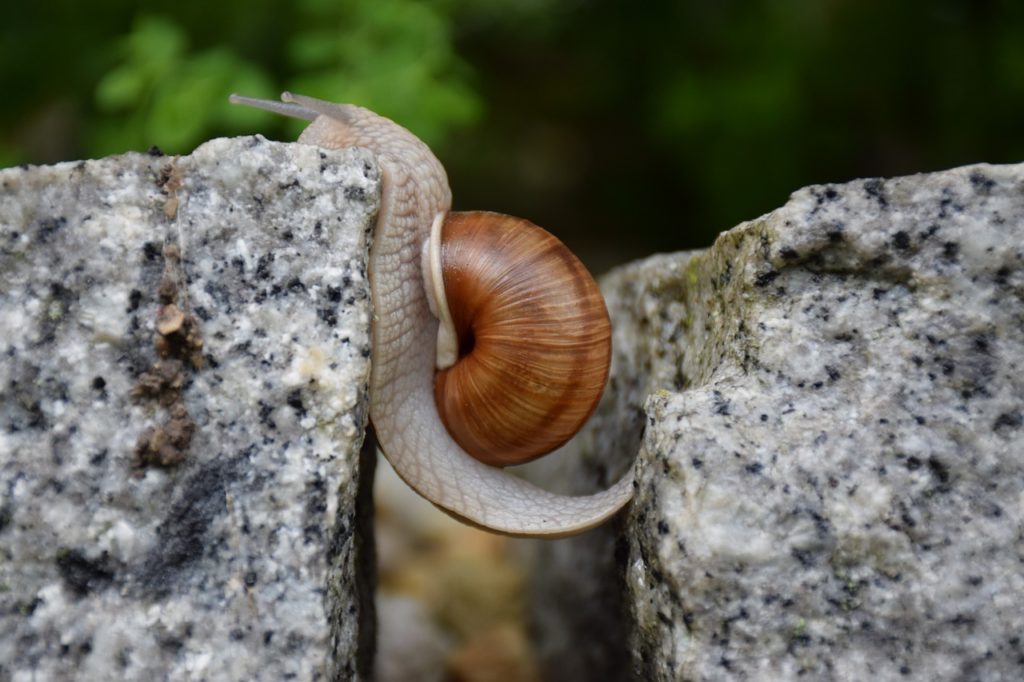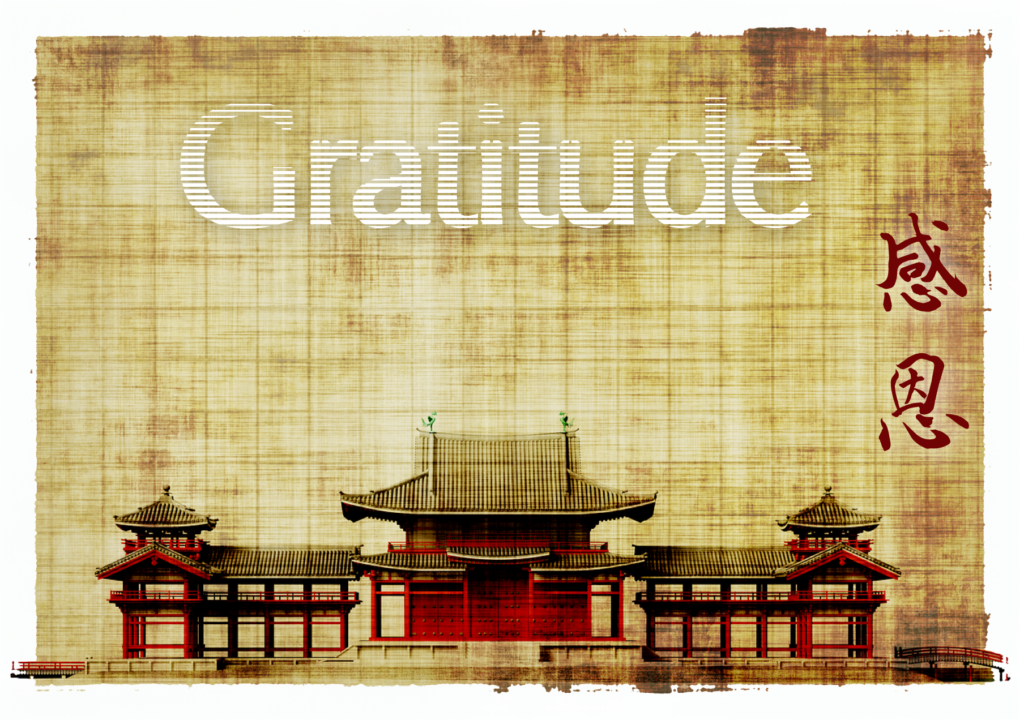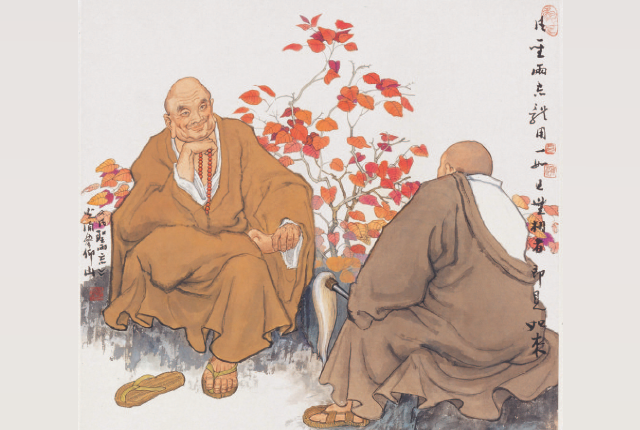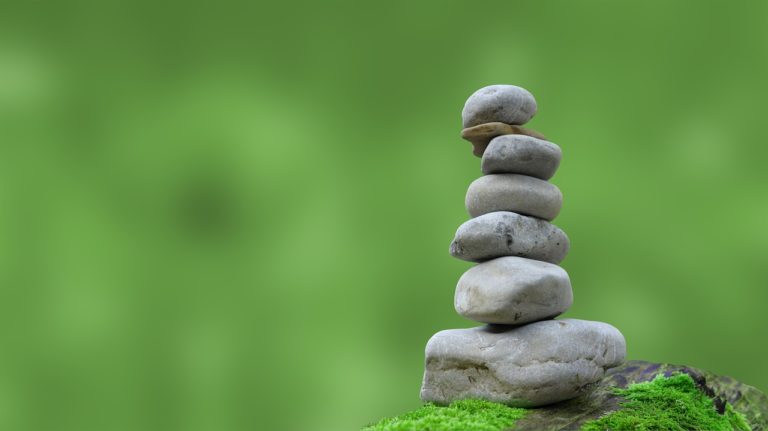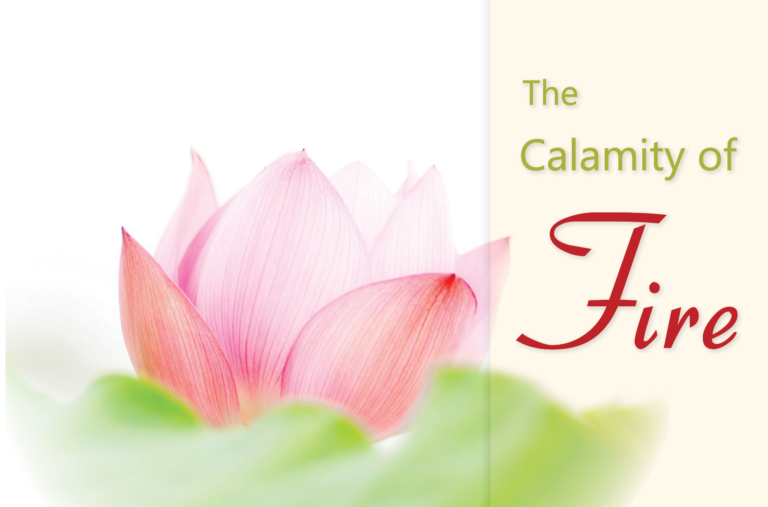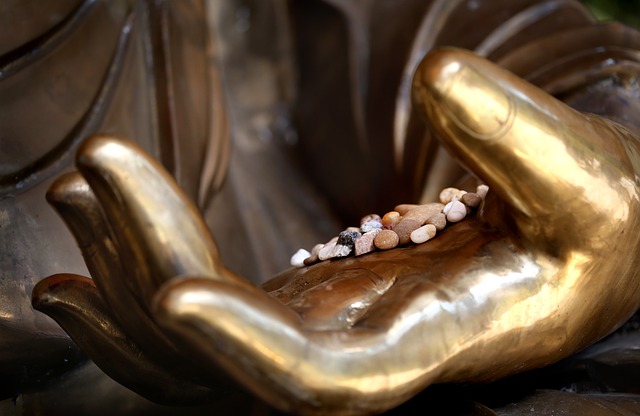
When a human being allows his desires to grow beyond all reasonable bounds, he becomes like a snake trying to swallow an elephant.
No one needs that much. Unreasonable desires are born of illusion and greed. Being satisfied with whatever we have is an important step toward wisdom.
Greed narrows our vision as it obscures the wealth of wisdom contained in our inherent Buddha nature. Greed is always based on false premises, it always makes us more foolish and it never produces good results unless it teaches us at last to get control of ourselves. Greed leads us toward danger even as we think we are moving in a direction that will benefit us.
Life is both simpler and more complex than greed will tell us. Our inherent Buddha nature is more than capable of revealing everything we need to know. When we allow this nature to express itself, we will see that it is relatively easy to know what to do and when to do it. At the same time, we will see that the fullness and perfection of this nature completely transcends anything we can think of.
One of the “tricks” of the successful practice of Buddhism is to allow yourself to relax enough so that your inherent Buddha nature can begin to express itself. We can find this ability to relax by upholding the precepts and being satisfied with whatever we have.
What more does anyone need than this? If we are upholding the precepts, there is nothing to fear. If we can allow ourselves to relax within our inherent Buddha wisdom, we will see that already we lack nothing. This is the way to find true knowledge of sufficiency. This is the way to be satisfied with whatever you have.
The Sutra of Bequeathed Teachings says:
Knowing how to be satisfied with whatever one has is the ultimate refuge of peace and security. One who knows how to be satisfied with whatever he has can lie anywhere on the ground and feel completely contented.
One who does not know how to be satisfied with what he has will feel that something is lacking even if he is in heaven; one like this is poor even though he may possess enormous wealth.
One like this finds only entanglement and suffering in the operation of his senses while one who knows how to be satisfied finds only comfort and joy in them.
It was originally published in Being Good, written by Venerable Master Hsing Yun.
Image from Pixabay.




